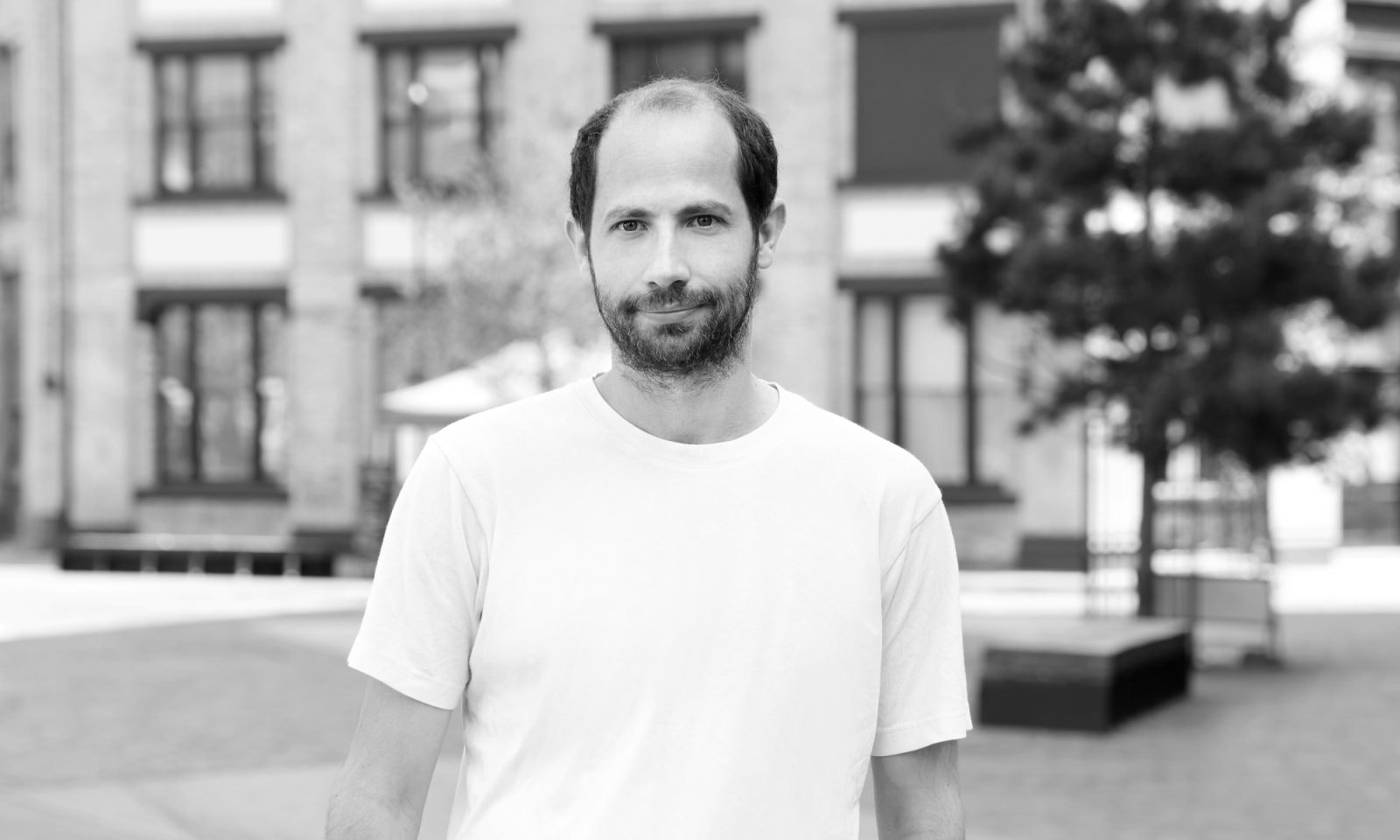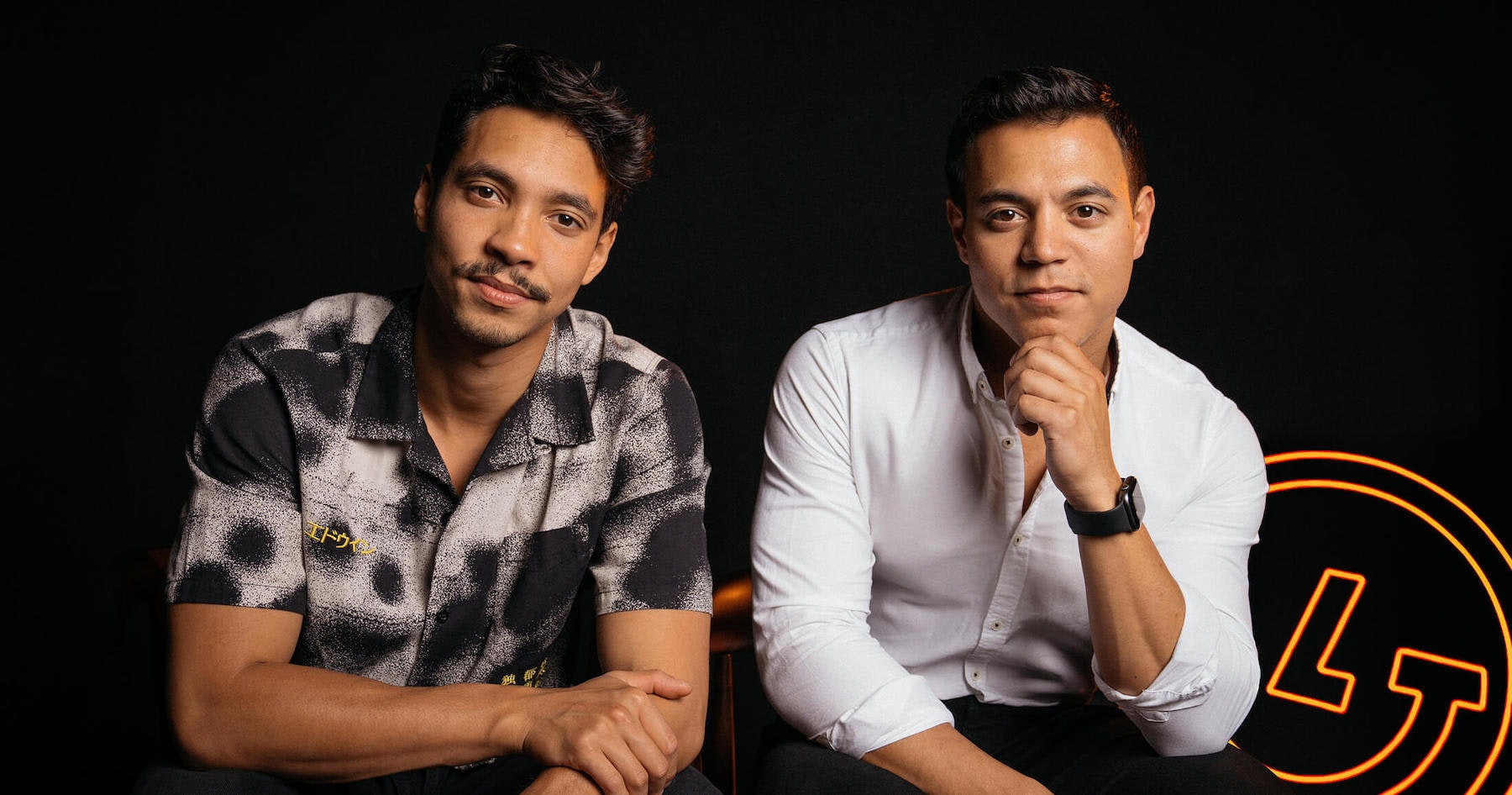Norway-based on-demand print platform Gelato has raised $240m, pushing its valuation up to $1.05bn. The funding round was led by global private equity and VC firm Insight Partners, with SoftBank Vision Fund 2 and existing investor Dawn Capital participating, among others.
It’s one of Norway’s largest funding rounds this year, just pipped by online grocer Oda’s $265m raise in April.
Gelato is a software company that produces personalised print products — from apparel and art décor, to photobooks — across 32 countries globally. Its consumer base consists of entrepreneurs, creators and people in the fashion economy who want to set up businesses — and it’s found increasing potential to tap into the creator economy.
Catering to the creator economy
Side hustles are more popular than ever, and the creator economy is booming because of it. It’s reportedly seen a staggering $1.3bn in investments in 2021 alone, and has allowed influencers, artists and independent creators to make money directly from their audience and customers.
Global ecommerce and epayment platforms such as Etsy, Shopify and Klarna have fuelled the rapid rise of the creator economy — and allowed creators to build full-fledged businesses, says founder Henrik Müller-Hansen.
“The creator economy is a consequence of democratising access to global platforms,” he says.
It hasn’t always been easy for content creators to reach a global customer base, but Gelato aims to fill that gap by providing a global marketplace for creators.
It works with a global network of local businesses to print items for its customers on-demand. That has the benefit of making products more customisable — and more sustainable. Gelato (and its customers) don’t produce items in bulk, but only when an order has been placed.
While the ecommerce industry has seen exponential growth during the pandemic, Müller-Hansen also believes it’s growing rapidly because “it’s offering a more personalised way of shopping”. Customised businesses are pegged to be the future of retail — with the ecommerce market being predicted to reach $27.15tn by 2027.
The world we’re living in is driven by personalisation and a sustainable way of production.
“The world we’re living in is driven by personalisation and a sustainable way of production,” says Müller-Hansen.
Sustainable ecommerce has also been a driver for Gelato’s success. It’s conscious that consumers are adopting more sustainable shopping habits, and has catered to this demand.
It maintains a network with local businesses across the world to cut down on unnecessary shipping and mass packaging costs, as well as carbon emissions.
“Being local is a precondition for efficient and effective delivery,” says Müller-Hansen.
The company aims to level the playing field for single entrepreneurs, by empowering creators and local production partners. This is a key factor in its growth, according to Müller-Hansen; as more consumers buy locally-produced items, Gelato gains production demand — and increases the number of countries it operates in.
What’s next
Next up, Gelato’s getting into 3D printing.
“We’re moving towards producing what was initially only possible in factories,” says Müller-Hansen.
Textiles, shoes and sports items could all be locally produced this way, he says — and a whole lot more. “I think it’s a matter of following customer demand.”
The company now plans to use its capital to expand its product, geographical influence and headcount.


